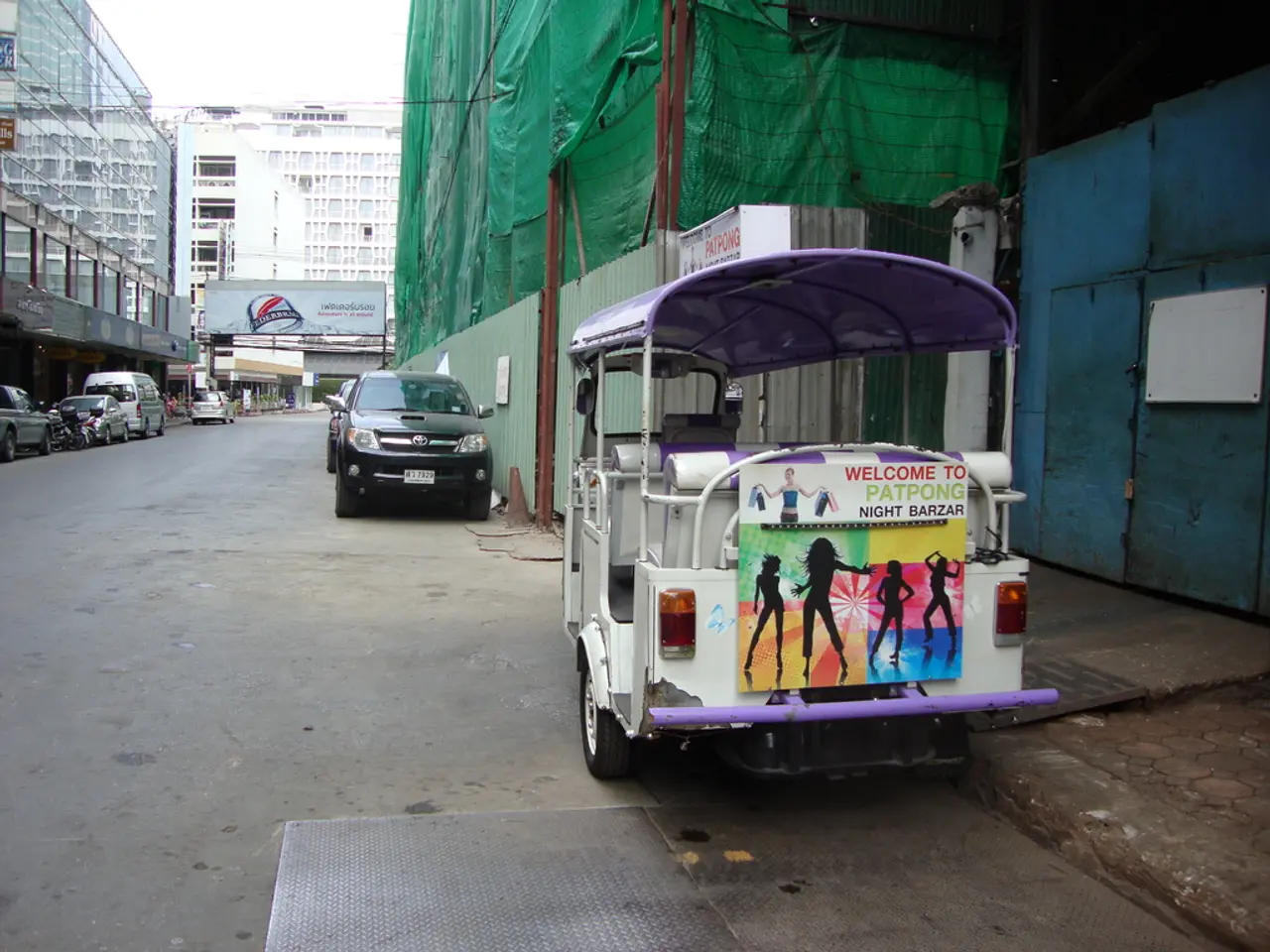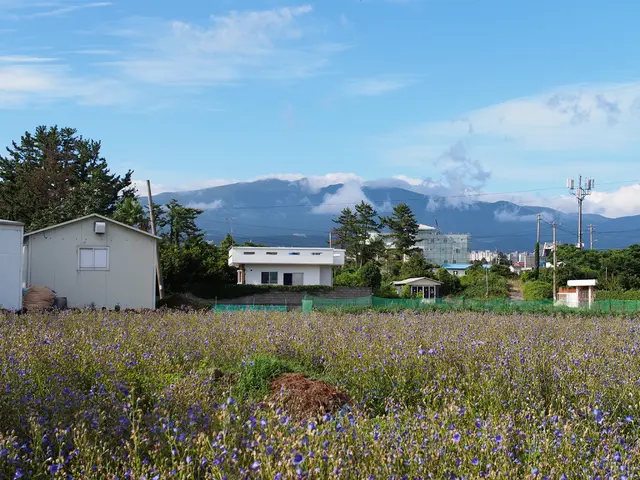Grid nearing capacity: grid operators discontinue feed-in subsidies - Solar panel owners impacted
In a press release, Mona Keller, head of network development at FairNetz, announced that the company offers customers the opportunity to construct and operate their solar systems for self-consumption, even when feed-in into the public grid cannot be approved. This innovative solution comes at a time when solar power is facing challenges due to its success.
According to data, around 16 GW of new PV capacity was installed nationwide in 2024, surpassing the 100 GW mark for the first time. This rapid expansion has put pressure on the existing power grids, which are primarily designed for individual power feeders like conventional large power plants, not for a multitude of households with their own rooftop solar installations feeding in at the same time.
Thorsten Jansing, CEO of FairNetz, described this situation as a success story with increasing coordination efforts for distribution network operators like FairNetz. The company's focus on self-consumption is part of these efforts to accommodate the growing number of solar systems and ensure a stable power supply.
In a move towards a more sustainable future, homeowners in Baden-Württemberg have been obligated to install PV systems in new buildings and major roof renovations since 2022, under the Climate Protection and Climate Change Adaptation Act Baden-Württemberg.
While there is no specific information available about how much less money customers in Germany would have to pay if an "Einstellungsstopp" (hiring freeze) takes effect, the solar system specialist, 1Komma5-Grad, calculated that customers in Reutlingen could potentially lose between 560 and 600 euros per year in income due to the missing feed-in compensation.
Despite these challenges, solar power now covers more than 10% of electricity consumption in Germany, underscoring the importance of finding solutions like those offered by FairNetz to ensure a sustainable and reliable energy future.








